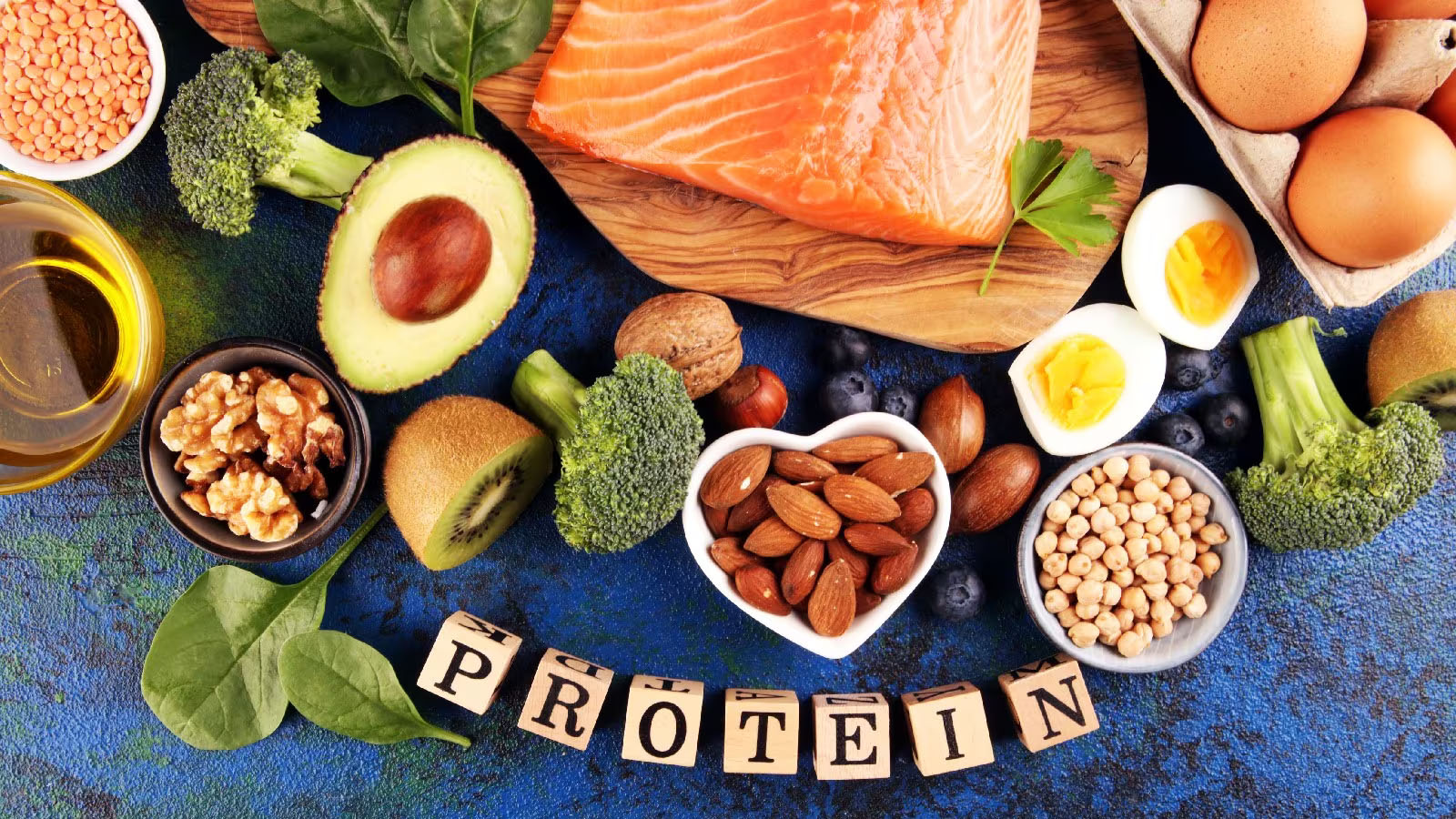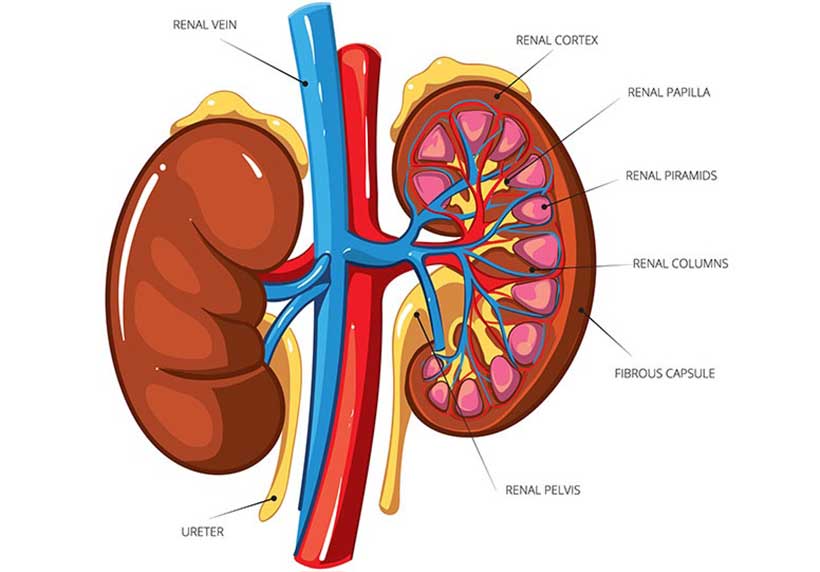The Natural Significance of Protein
Protein is a fundamental macronutrient, basic for keeping up with by and large wellbeing and prosperity. It assumes a basic part in various physiological cycles, including tissue fix, muscle development, chemical creation, and chemical guideline. The human body depends on protein for its design and capability, and lacking admission can prompt a large group of medical issues, while fitting utilization upholds all that from muscle upkeep to invulnerable capability. This article will investigate the significance of protein for wellbeing by looking at its part in physical processes, the various kinds of proteins, dietary necessities, and the impacts of lack of protein or overabundance on wellbeing.
At a cell level, proteins are associated with pretty much every cycle inside the human body. Proteins are comprised of chains of amino acids, which are frequently alluded to as the structure blocks of life. These amino acids are fundamental for cell construction and capability and act as antecedents to catalysts, chemicals, and different particles that drive different biochemical responses.
There are 20 distinct amino acids, nine of which are viewed as fundamental on the grounds that the human body can't integrate them. These fundamental amino acids should be acquired through diet. The leftover amino acids are named trivial, implying that the body can deliver them from different mixtures. Together, these amino acids are basic for keeping up with the underlying trustworthiness of tissues and organs, supporting metabolic cycles, and adding to the development, fix, and support of muscles, bones, skin, and different tissues.
Protein Capabilities in the Body
1. Building and Fixing Tissues: Protein is indispensable for the turn of events and fix of tissues all through the body. This capability is particularly significant for muscle fix and development, especially after exercise, injury, or medical procedure. Without satisfactory protein, the body's capacity to recuperate and recover tissues would be compromised.
2. Enzymatic Functions: Numerous catalysts, which catalyze biochemical responses, are proteins. Catalysts work with a great many cycles, including processing, energy creation, and detoxification. For instance, stomach related compounds separate food into supplements that the body can assimilate and use, while others are associated with the combination of DNA and RNA.
3. Hormone Production: Proteins are additionally associated with the creation of chemicals, which are basic for managing physical processes. For instance, insulin is a protein chemical that manages glucose levels, while development chemical, likewise a protein, assumes a key part in directing body sythesis, muscle and bone development, and digestion.
4. Immune Function: Proteins add to safe framework wellbeing by shaping antibodies. These antibodies are proteins that help the body distinguish and kill microbes, like microscopic organisms and infections, and assume a focal part in safeguarding the body from sickness.
5. Transport and Capacity of Molecules: Proteins are answerable for moving different particles all through the body. Hemoglobin, for example, is a protein that conveys oxygen from the lungs to tissues and organs. Another protein, ferritin, stores iron in the liver and deliveries it on a case by case basis.
6. Energy Source: In spite of the fact that carbs and fats are the body's essential energy sources, protein can likewise act as a wellspring of energy when required, particularly during delayed exercise or times of fasting. Nonetheless, involving protein as an energy source isn't great, as it takes away from its other fundamental capabilities.
Dietary Protein: Sources and Necessities
Dietary protein can be ordered into two classifications: complete and fragmented proteins. Complete proteins contain each of the nine fundamental amino acids in adequate amounts and are normally found in creature based food varieties like meat, poultry, fish, eggs, and dairy items. Conversely, fragmented proteins are deficient with regards to at least one of the fundamental amino acids and are normally found in plant-based sources, like grains, vegetables, and vegetables.
While creature based proteins are viewed as predominant as far as amino corrosive profile, plant-based proteins can give adequate amino acids when consumed in blend. For instance, matching beans and rice can make a total protein source, as one gives the amino acids ailing in the other.
Suggested Protein Admission
How much protein a singular necessities relies upon different variables, including age, orientation, body organization, action level, and wellbeing status. The Suggested Dietary Stipend (RDA) for protein, as set by the Organization of Medication, is 0.8 grams per kilogram of body weight each day for grown-ups. This is the base sum expected to forestall lack in the normal individual.
Be that as it may, this gauge suggestion may not be adequate for everybody. Competitors, pregnant ladies, people recuperating from sickness or injury, and more seasoned grown-ups may require higher protein admissions to help muscle upkeep, recuperation, and in general wellbeing. For instance, perseverance competitors might require somewhere in the range of 1.2 and 1.4 grams of protein per kilogram of body weight, while strength competitors might require much more, up to 1.7 grams per kilogram.
The Job of Protein in Muscle Wellbeing and Maturing
One of the most notable jobs of protein is its commitment to muscle wellbeing. Muscle tissue is made up to a great extent of protein, and normal protein admission is fundamental for muscle support, development, and fix. For people participated in active work, especially strength preparing, protein is pivotal for advancing muscle protein combination, which prompts muscle hypertrophy (development).
As individuals age, keeping up with bulk turns out to be progressively significant. Sarcopenia, the age-related loss of bulk and strength, is a typical condition in more established grown-ups. It can prompt diminished portability, expanded chance of falls, and a lower personal satisfaction. Satisfactory protein admission, joined with normal active work, is one of the best systems for forestalling or alleviating sarcopenia. Studies have shown that more established grown-ups may profit from higher protein admissions (1.2-2.0 grams per kilogram of body weight) to save bulk and capability as they age.
Protein and Weight The executives
Protein can assume a key part in weight the board and body organization. Research proposes that counts calories higher in protein can advance weight reduction and forestall weight recover by affecting a few physiological cycles:
1. Satiety: Protein is known to be more satisfying than sugars or fats. Consuming protein-rich feasts can diminish hunger and advance sensations of completion, prompting a characteristic decrease in caloric admission. This impact can be especially advantageous for people attempting to get thinner or deal with their weight.
2. Thermic Impact of Food: Protein has a higher thermic impact than other macronutrients, implying that the body uses more energy to process, ingest, and utilize protein. This can bring about a humble expansion in calorie consumption, which can uphold weight reduction endeavors.
3. Preservation of Fit Muscle Mass: During weight reduction, the objective is to lessen muscle versus fat while protecting slender bulk. Sufficient protein consumption, especially in blend with opposition work out, can help safeguard against the deficiency of bulk during times of caloric limitation.
Lack of protein and Its Ramifications
Lack of protein is moderately uncommon in evolved nations however can in any case happen, especially in people with prohibitive weight control plans, like veggie lovers or those experiencing specific ailments. Deficient protein admission can have serious wellbeing results, including:
1. Muscle Wasting: One of the earliest indications of lack of protein is muscle squandering, as the body separates muscle tissue to meet its protein needs. This can prompt shortcoming, weakness, and weakened actual execution.
2. Weakened Insusceptible System: Without enough protein, the body's capacity to create antibodies is compromised, prompting a debilitated invulnerable reaction and expanded defenselessness to diseases.
3. Edema: Protein keeps up with liquid equilibrium in the body. A lack can prompt a condition called edema, in which overabundance liquid collects in tissues, causing expanding, especially in the legs, feet, and hands.
4. Delayed Wound Healing: Protein is fundamental for tissue fix, and a lack can bring about sluggish injury mending and expanded chance of diseases.
5 .Growth Hindrance in Children: Protein is pivotal for development and improvement, particularly in kids. A lack of drawn out can prompt hindered development, deferred improvement, and other serious medical problems.
Dangers of Overabundance Protein Utilization
While sufficient protein admission is urgent for wellbeing, consuming a lot of protein can likewise have unfortunate results, especially over the long haul. A portion of the potential dangers related with extreme protein consumption include:
1. Kidney Damage: High protein admission, especially from creature sources, has been related with expanded hazard of kidney harm, particularly in people with previous kidney illness. The kidneys are liable for sifting side-effects from protein digestion, and inordinate protein can overburden these organs.
2. Bone Health: A few examinations have proposed that eats less carbs high in creature protein might prompt expanded calcium discharge, which could adversely influence bone wellbeing after some time. Be that as it may, the proof on this is blended, and more examination is expected to explain the connection between protein admission and bone wellbeing.
3. Increased Hazard of Heart Disease: Diets high in creature proteins, especially red and handled meats, have been connected to an expanded gamble of cardiovascular sickness.





0 Comments